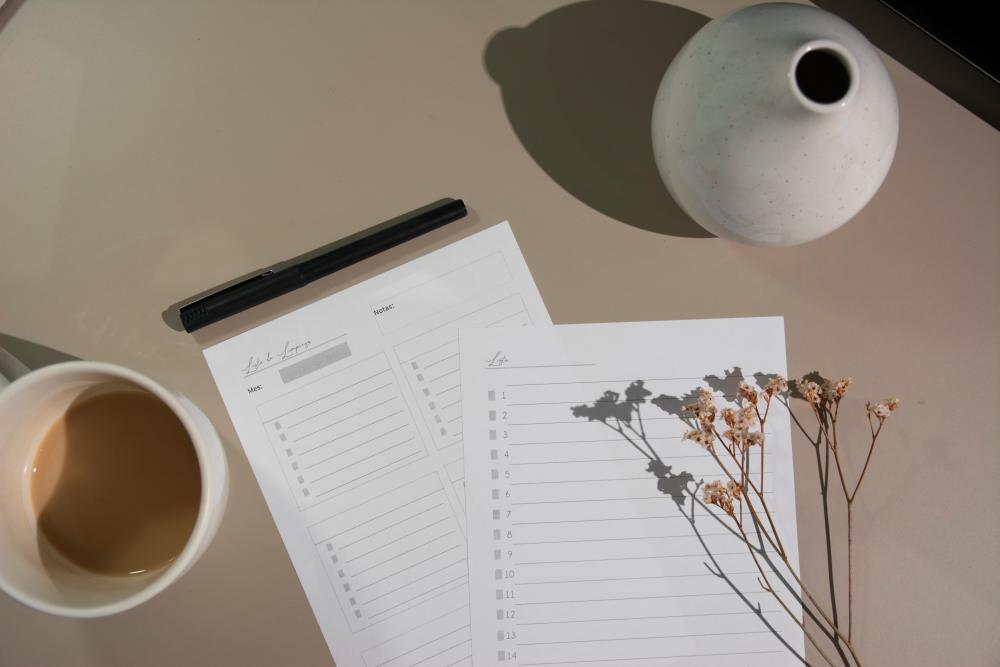EFFECTIVE scheduling is an essential component of time management. You get the best results when you prioritise and plan your tasks before beginning to work on them.
Using a daily planner to schedule specific times for office tasks, personal errands, and other events ensures that you are prepared and well-organized for these events.
And because there are so many types of planners available, you can easily select the ones that best suit your lifestyle. With the advent of new technologies, many aspects of human life have been simplified, including the use of a digital planner.
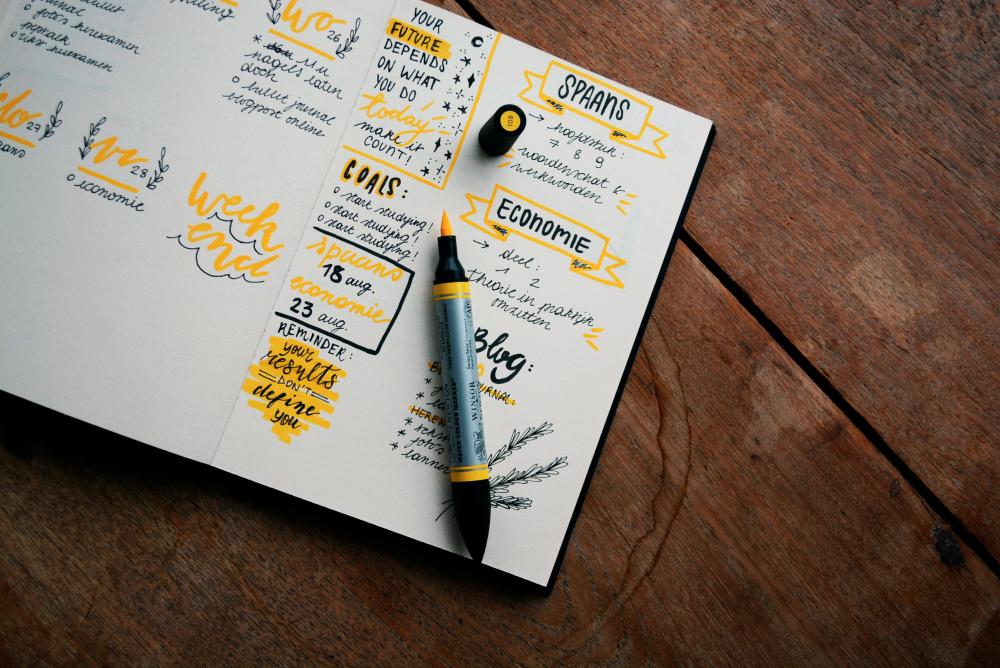
Well, whether digital or paper, both types of planners can help you organise your life in order to achieve your objectives. We take a look at five different types of planners that you can use.
Personal planner
A personal or life planner is an all-encompassing planner for personal matters. It can be used to keep track of non-work-related personal appointments such as dental appointments, laundry, groceries, daily reminders, and so on.
It can also be used to track habits in order to help you break bad habits like smoking and replace them with healthier ones like working out or meditating.
Personal planners, on the other hand, may prompt you to set life, yearly, weekly, and daily goals, among other things. This allows you to live more intentionally and mindfully in your daily life.
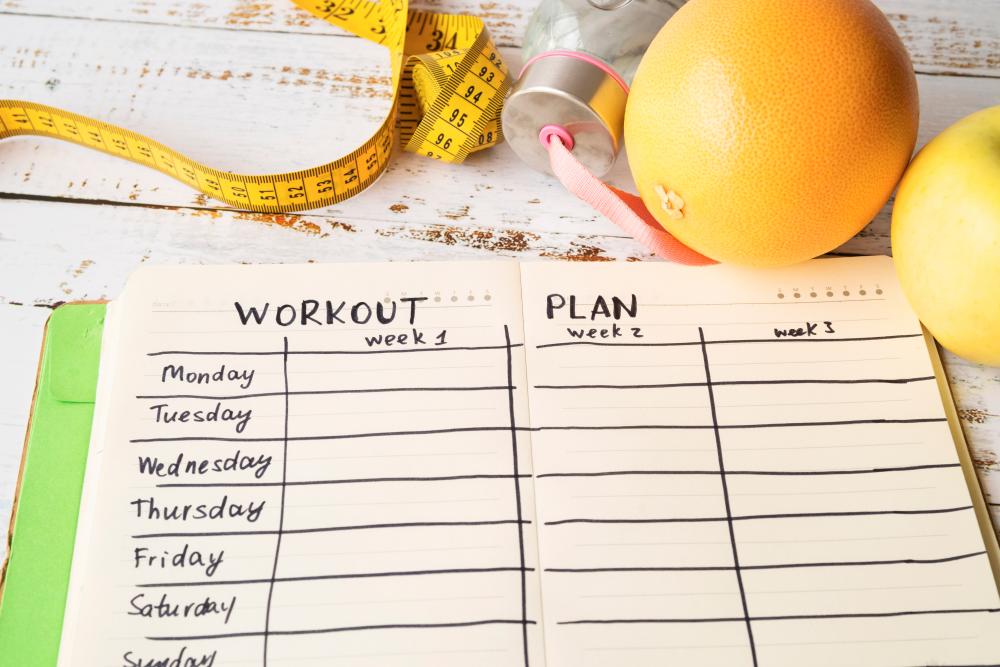
Health and fitness planners
It is important to take care of our bodies, but a busy schedule can make it challenging to maintain healthy habits. A health and fitness plan can assist in building responsibility and helping you adopt a healthier lifestyle.
In addition, a health and fitness plan enables you to set both short- and long-term fitness objectives. It allows you to keep track of things like the calories intake, the amount of water you drink each day, how much sleep you get, how much exercise you get, and so on.
Work planners
This is one of the most popular planner types. Work planners let you stay organised and on top of tasks and objectives. You can record ideas, establish plans and strategy, and even engage with your team using a work planner.
A work planner also allows you to keep track of your daily tasks, client meetings, deadlines, and payments.
All these details will be organised in one place so that you don’t have to refer to different applications, notebooks, or e-mails.
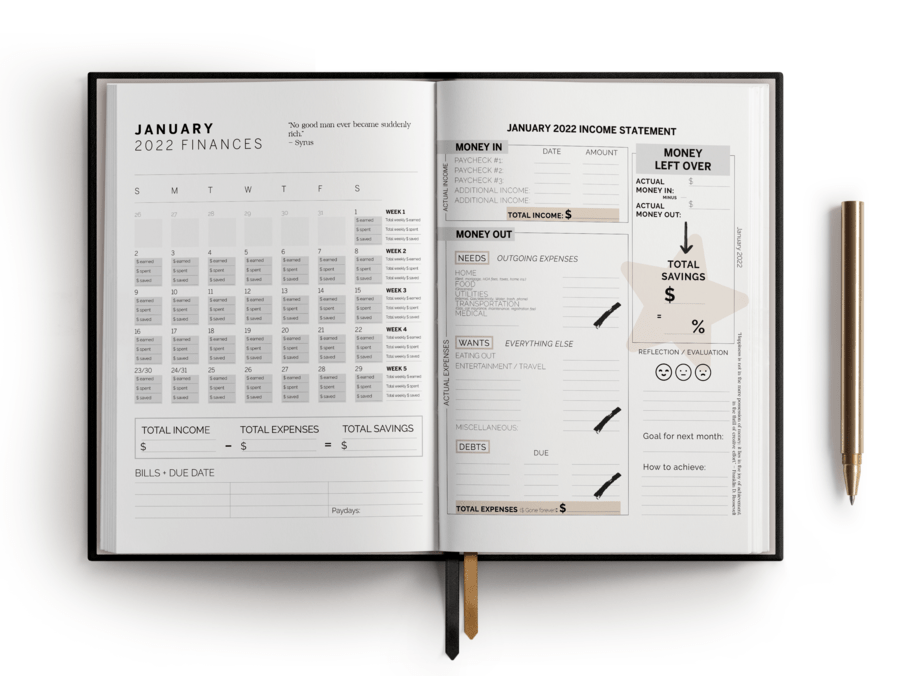
Financial planners
It may feel overwhelming to manage your finances. It’s all too easy to lose track of our spending and earnings, especially when we’re constantly distracted by other obligations.
Hence, financial planners can assist you to get your finances under control. These planners enable you to centralise your bills, expenses, income, and investments.
For instance, by keeping track of your bills, monthly expenses, taxes, and other expenditures, a financial planner will help you become more spending conscious.
This makes a financial planner an excellent tool that can help you stay focused on your overall financial goals, and be more aware of the funds in your wallet.
In fact, you’ll be able to see where you can stop spending money you don’t need to and start saving more.
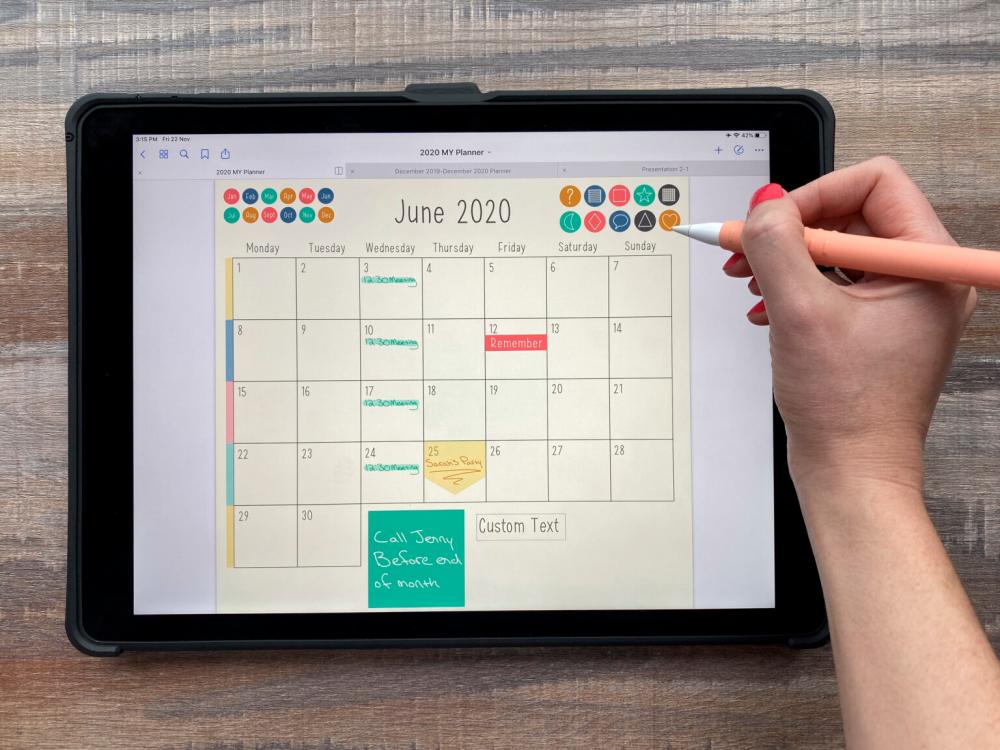
Digital planners
A digital planner is simply a digital version of the traditional paper planner, and could be any of the types of planners mentioned above.
Typically, digital planner are interactive PDFs that can be downloaded and accessed on a tablet or smartphone. Users can scribble on the digital planner as they would a traditional paper one by simply downloading and installing specialty apps, or by simply using available writing apps.
Digital planners are not only more eco-friendly, but they also help prevent cluttering your workspace with notebooks and planners for various purposes.
Considering today’s technology, I believe the majority of people would prefer a digital planner because it is more efficient and can be stored in a cloud system rather to an actual paper planner. But it all comes down to personal preferences.



